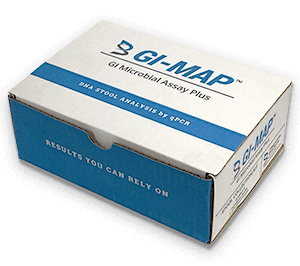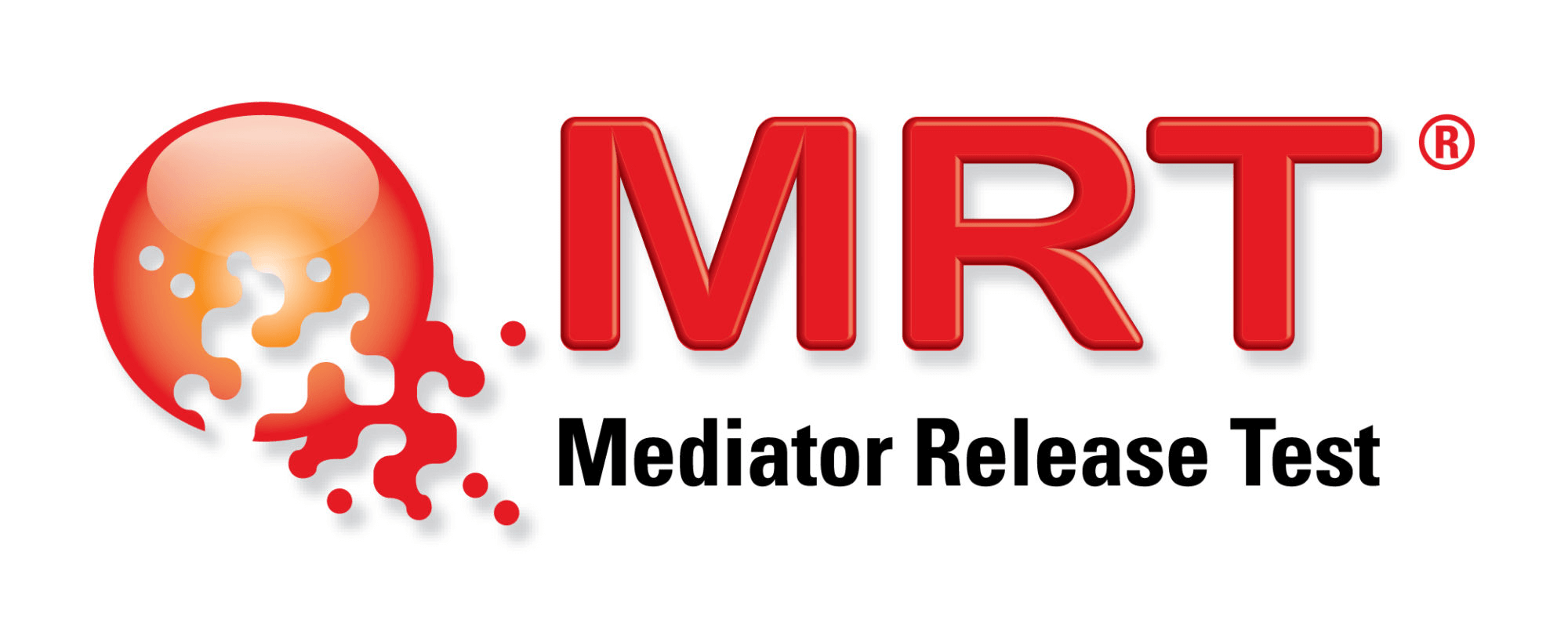Angela Anderson
Digestive Wellness
Where Health Takes Root

Embark on a journey into the intricate world of digestion, where we unravel its profound impact on overall wellness. Delve into the nuances of this vital process, understanding how it influences not just our energy levels but also the resilience of our immune system. Together, we'll navigate through common digestive challenges, offering practical, holistic solutions to enhance digestive wellness. From embracing mindful eating habits to integrating nurturing lifestyle practices, we'll empower you to foster a flourishing gut, the cornerstone of vibrant health.
Nausea and vomiting
Understanding Nausea: A Comprehensive Guide
Nausea and vomiting are the body's protective mechanisms designed to expel toxins and irritants. Various sites in the body, including the gastrointestinal (GI) tract, chemoreceptor trigger zone, vestibular apparatus, and cerebral cortex, activate this response, stimulating the vomiting center in the brain. The act of vomiting involves autonomic pathways affecting the upper GI tract, diaphragm, and abdominal muscles.
Symptoms of nausea and vomiting can manifest as uncomfortable sensations in the chest, abdomen, and throat, often accompanied by:
- Vomiting
- Loss of appetite
- Queasy stomach
- Headache
- Lightheadedness
- Diarrhea
- Abdominal pain
- Fatigue
Secondary symptoms may include dehydration, dry lips, dry mouth, rapid weak pulse, heavy breathing, and cold limbs.
**Lifestyle Considerations:**
- Hydration: Ensure adequate fluid intake to prevent dehydration.
- Address Root Cause: Identify and address the underlying cause of nausea and vomiting persistently.
- Maintain Blood Sugar Levels: Regulate blood sugar levels to prevent exacerbation of symptoms.
- Aromatherapy: Try inhaling tangerine essential oil for its potential anti-nausea effects.
- Acupressure: Explore acupressure techniques to alleviate nausea and vomiting.
- Stress Management: Practice stress-reduction techniques to alleviate symptoms.
**Nutritional Considerations:**
- Hydration: Drink plenty of fluids to maintain hydration.
- Electrolyte Balance: Ensure adequate electrolyte intake to replenish losses from vomiting.
- Nutrient-Dense Liquids: Opt for nutrient-rich liquids to support nutrition during episodes of nausea and vomiting.
- Blood Sugar Management: Monitor blood sugar levels and consume balanced meals to prevent fluctuations.
**Management Strategies for Nausea:**
- Liquid Diet: Start with a liquid diet and gradually introduce dry, bland foods like toast and crackers.
- Avoid Acidic Foods: Steer clear of acidic foods that may exacerbate nausea.
**Common Causes of Nausea and Vomiting:**
- Medications
- Pain
- Pregnancy
- Viral Infections
- Vertigo/Motion Sickness
- Stress and Anxiety
- Hormonal Changes
- Migraines
- Gastric Outflow Obstruction
- Alcohol Toxicity
- Liver Impairment
- Digestive Issues
- Brain Disorders
Identifying and addressing the root causes of nausea and vomiting is essential for effective management and symptom relief. Additionally, focus on rehydration and replenishing lost fluids to restore well-being. Consult a healthcare professional for personalized guidance and treatment options tailored to individual needs.

Dietary Considerations
1. Consider a liquid diet
2. Avoid acidic foods
3. Drink plenty of water
4. Manage Blood sugar & Electrolytes
Lifestyle Considerations
1. reclining on back with knees elevated and water bottle or towel over abdomen
2. Drink plenty of fluids (broth, herbal tea, juice, coconut water, water)

Effective management of Constipation involves a comprehensive approach that includes lifestyle changes, dietary adjustments, adequate hydration, and supplementation. Underlying causes must be identified and addressed through tailored treatment plans to improve symptoms and overall quality of life. Consulting with healthcare professionals is essential to receive a proper diagnosis and personalized treatment recommendations.
Functional Testing for Constipation

Functional Diagnostic Nutrition Package
A comprehensive health assessment
Comprehensive Stool Testing is part of the FDN recommended assessment package.
Why Dragonfly Holistic Coaching?
Personalized Care
When it comes to addressing health complications, the notion of a "one-size-fits-all" solution is not just ineffective, it's potentially counterproductive. Each individual is a unique tapestry of genetics, lifestyle choices, dietary habits, and environmental exposures, making them biochemically distinct. This means that a health approach which yields positive results for one person could prove ineffective, or even detrimental, for another. Functional wellness modalities stand out by embracing this diversity; recognizing that true healthcare must be deeply personalized. By considering an individual's entire well-being, factoring in genetics, diet, lifestyle, and environmental influences, functional wellness crafts solutions tailored to each person's unique needs. This bespoke approach ensures that each individual receives the most effective and appropriate care, underscoring the fact that in the realm of health, there really is no such thing as a universal solution. When I sign a contract with a client, I will work tirelessly by your side until we are able to identify the root cause of your health challenges and develop a sistainable way forward.
Information courtesy of Angela Anderson
Functional Diagnostic Nutrition® health coaches do not diagnose, treat, prevent, or cure any
disease or condition. Nothing we share with our clients is intended to substitute for the advice,
treatment or diagnosis of a qualified licensed physician. Functional Diagnostic Nutrition® (FDN)
Practitioners may not make any medical diagnoses or claim, nor substitute for your personal
physician’s care. It is the role of a Functional Diagnostic Nutrition® Practitioner to partner with
their clients to provide ongoing support and accountability in an opt-in model of self-care and
should be done under the supervision of a licensed physician.







